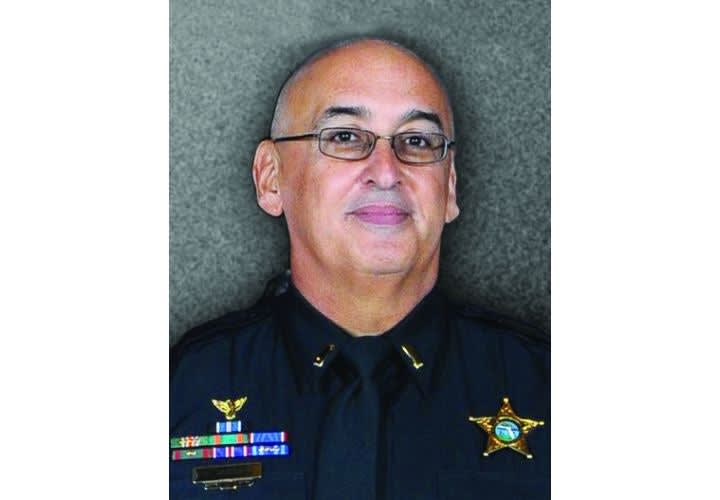There is no shortage of ideas in law enforcement. However, there is a shortage of people who will actually implement them. In today's world, some people think their opinions are actually ideas; they're not. Worse, if you have an idea but no way to carry it out, it's worthless. It's been said that ideas are a dime a dozen but the people who implement them are priceless. As a supervisor, you get to decide whether you're worth more than a dime.
I used to see it at my agency all the time. Some young sergeant or senior deputy would be in the hallway spewing their opinion on how things should be done. And yet when pressed how they would accomplish their lofty idea, the conversation would eventually change to something else. What most people call ideas are nothing more than veiled ways to vent, criticize, or just kill time at work.
My recommendation is to do more follow-through with your idea and do less talking. If it's such a good idea why not develop it, put it in writing, and send it up the chain of command? Even if it's someone else's idea, you can help someone else find a way to push it through.
I'll give you an example. While in charge of our agency's motor unit, I wanted to place short-barreled rifles somewhere on our motorcycles. I thought it made sense since motor units are so versatile. They can drive practically anywhere and go through just about any terrain. They are also one of the easiest units to free up in case of an emergency.
Historically, most motor units either don't carry a rifle or they carry it mounted in the open. Since neither of these options fit the model I was trying to develop, I discussed it with my unit and came up with a game plan. We used one of our SWAT team's short-barreled rifles as our standard. We designed a special bracket that incorporated a mount already used in our vehicle maintenance section's inventory. We also agreed that it needed two separate locking systems: the saddlebag and the rifle mount itself. We then began figuring out how to make it all work together and conceal it within a saddlebag. Having an idea was not enough; we had to prove it was viable as an option.
Once that was done, I wrote a proposal, took pictures of our prototype, and pitched the idea. The proposal included material and personnel cost factors as well as several versions of how we could build the new rifles, and outlined a timeframe for the project. Our hard work paid off and we got approval to implement the idea. Each motor officer, including those cross trained, became police rifle certified and now carries an M4 short-barreled rifle in their saddlebag.
If all we had done was talk about it nothing would have ever happened. If you have a good idea, figure out the details, write a proposal, and submit it. It's the only way your idea stands any chance of going anywhere.
I'll give you another example. We are currently in an election cycle as I write this, and now that I am retired I have become more involved in local politics. As a campaign manager, I have had to deal with good intentioned idea people. These people are invited to meetings, make noise by trying to tell everyone what needs to be done, and then never lift a finger to help. All they ever accomplish is wasting everyone's time.
I handle idea people with no intention of following through by saying, "That's a great idea. How long do you think it will take for you to get it done?" Then I sit back and have some fun as I watch the look on their faces as they start to back-pedal. On one occasion, I had someone tell me they didn't plan to work on any part of their idea other than to supervise everyone else. I still laugh every time I think about it.
To be fair, I always thank anyone who brings me an idea and tell them to come back when they are ready to help me take their idea from start to finish. The reality is, I never hear from most of them again. And that's my point; if you have a good idea then be prepared to see it all the way through or it's not worth much.
If you want to be taken seriously as a supervisor, making suggestions for improvement or solving problems is part of the game. To play well, you have to work at it. You can't just float an idea out there and hope someone else runs with it while you take credit for it later. You don't want to be seen as the idea person, but instead as the person who gets things done. If all you ever do is talk, eventually people stop listening.
Amaury Murgado retired a senior lieutenant from the Osceola County (FL) Sheriff's Office with over 29 years of experience. He also retired from the Army Reserve as a master sergeant. He holds a Master of Political Science degree from the University of Central Florida.












